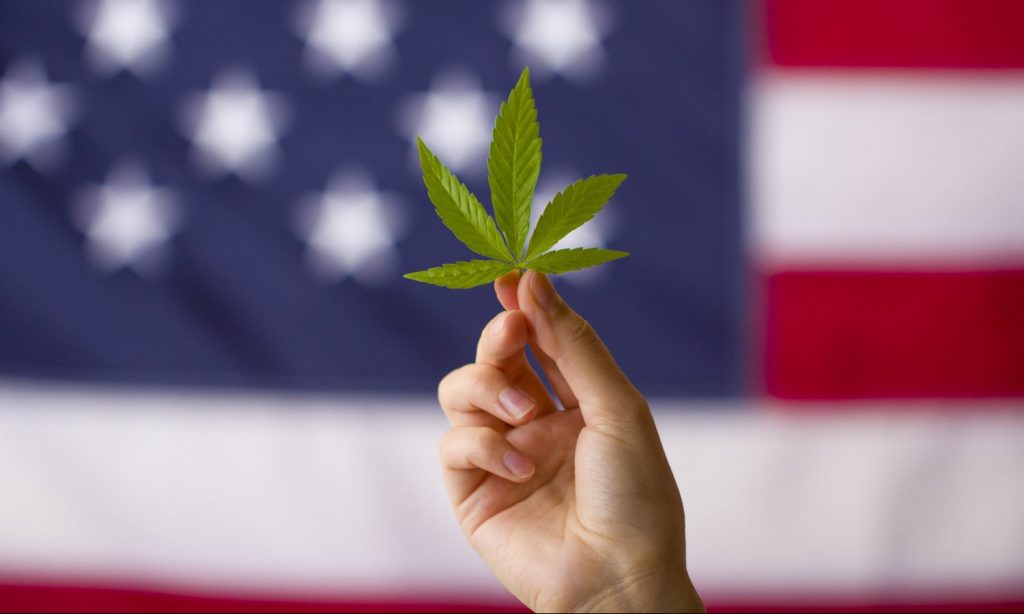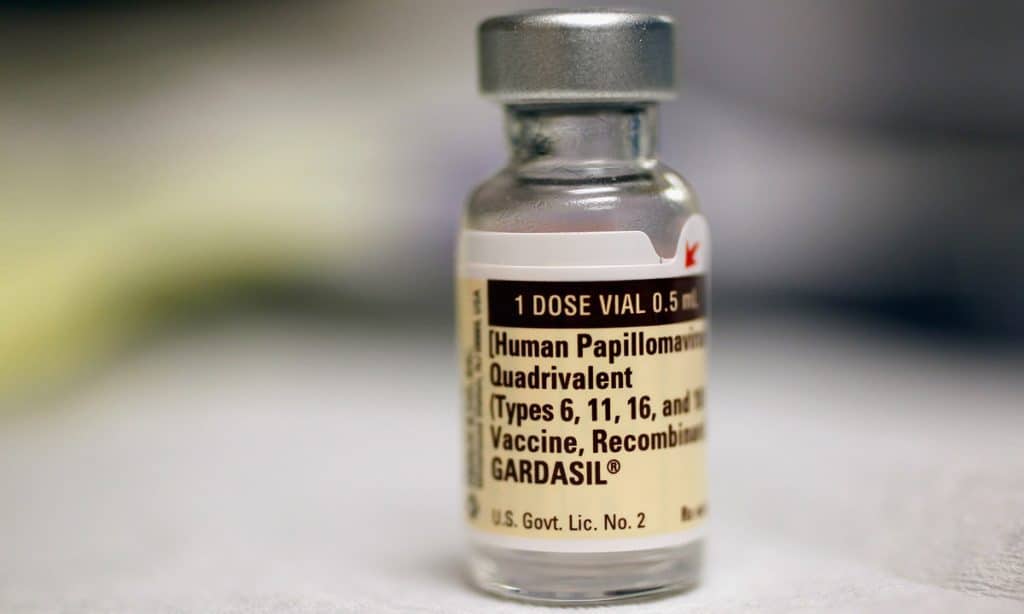These days the list of illnesses that cannabis medicines can be used for grows every day, with research studies being done left and right to test its efficacy against different symptoms and disorders. Most attention is focused on CBD because of its lack of psychoactive effects, while THC is often left out. However, it was found early on that THC is good for the eyes, and has been used to treat conditions like glaucoma for decades.
Bummed the holidays are over? We’ve got the perfect answer – keep shopping! Just because Christmas is over and New Year’s is nearly a thing of the past, doesn’t mean you have to stop giving gifts. We’ve still got all the best Delta-8 THC deals for everyone you know. So, don’t be sad that the holidays have come to an end…just keep the gifts flowing!
Medical cannabis back in the day
Before getting into the restart of medical cannabis in more recent decades, let’s go over some facts about the use of cannabis in medicine. Essentially, it’s been used in medicine for thousands of years, long before it was co-opted by Western medicine in the 1800’s, and then re-introduced once again after a period of enforced illegalization. It’s a part of two of the oldest medicinal traditions, Ayurvedic and Traditional Chinese Medicine, both of which have multiple applications for the use of cannabis to treat tons of different ailments. It has been used in many other lesser-known medical traditions as well.
Prior to it being scheduled as a narcotic by the Single Convention on Narcotic Substances which forced a global illegalization, cannabis was being used in all types of Western medicine applications. In fact, it was listed in the United States Pharmacopoeia for the first time in 1850, but dropped from there in 1937 following the Marijuana Tax act. Before the laws changed, it could be found in tons of products, for almost anything. Most people, of course, had no real understanding of this, but it does show that cannabis was being used very heavily in the world of medicine. Considering how many countries were forced into illegalizing the plant, this was not confined to just the US.
Cannabis has existed medicinally in essentially three stages. The first was everything up until the 1800’s when it was used in natural medicine traditions. The second stage was the original co-opting of the drug into Western medicine, and the third is the reintroduction back into Western medicine more recently.

Copyright
© 420 Intel









